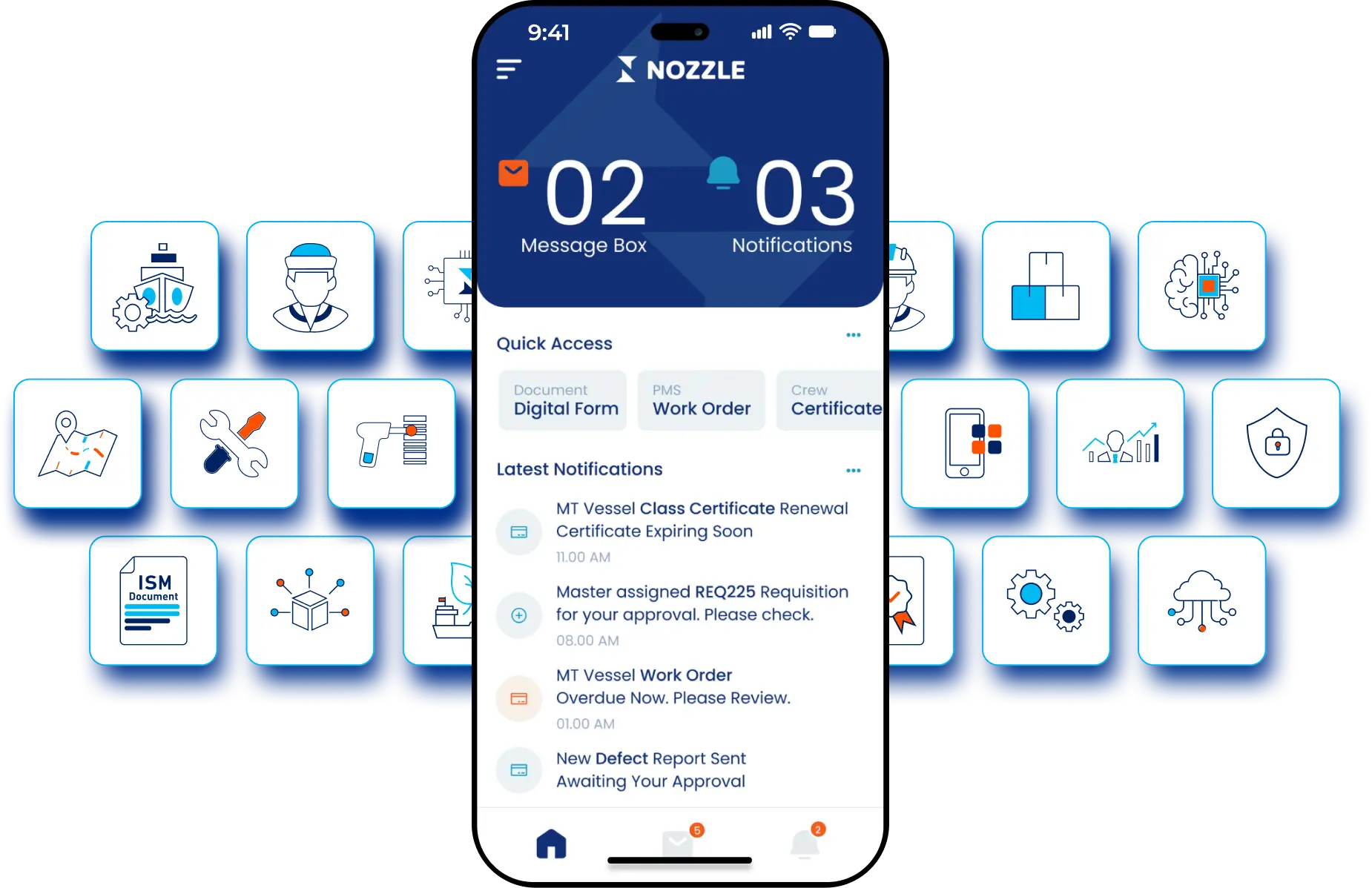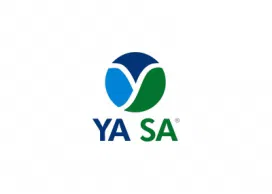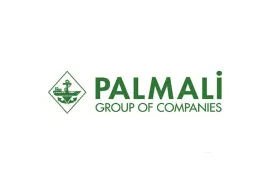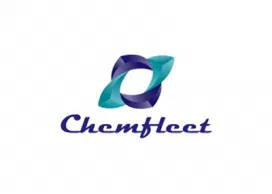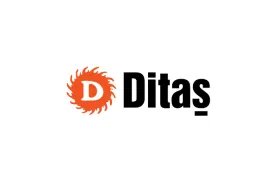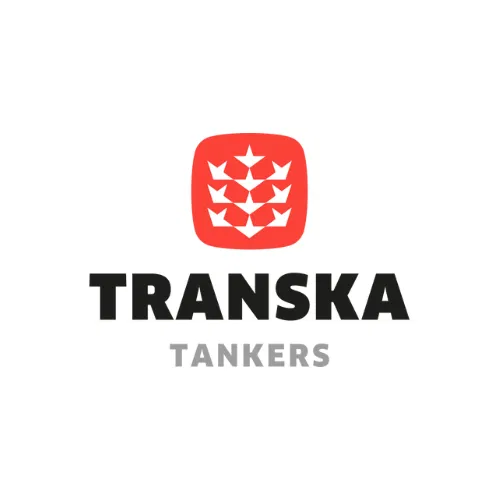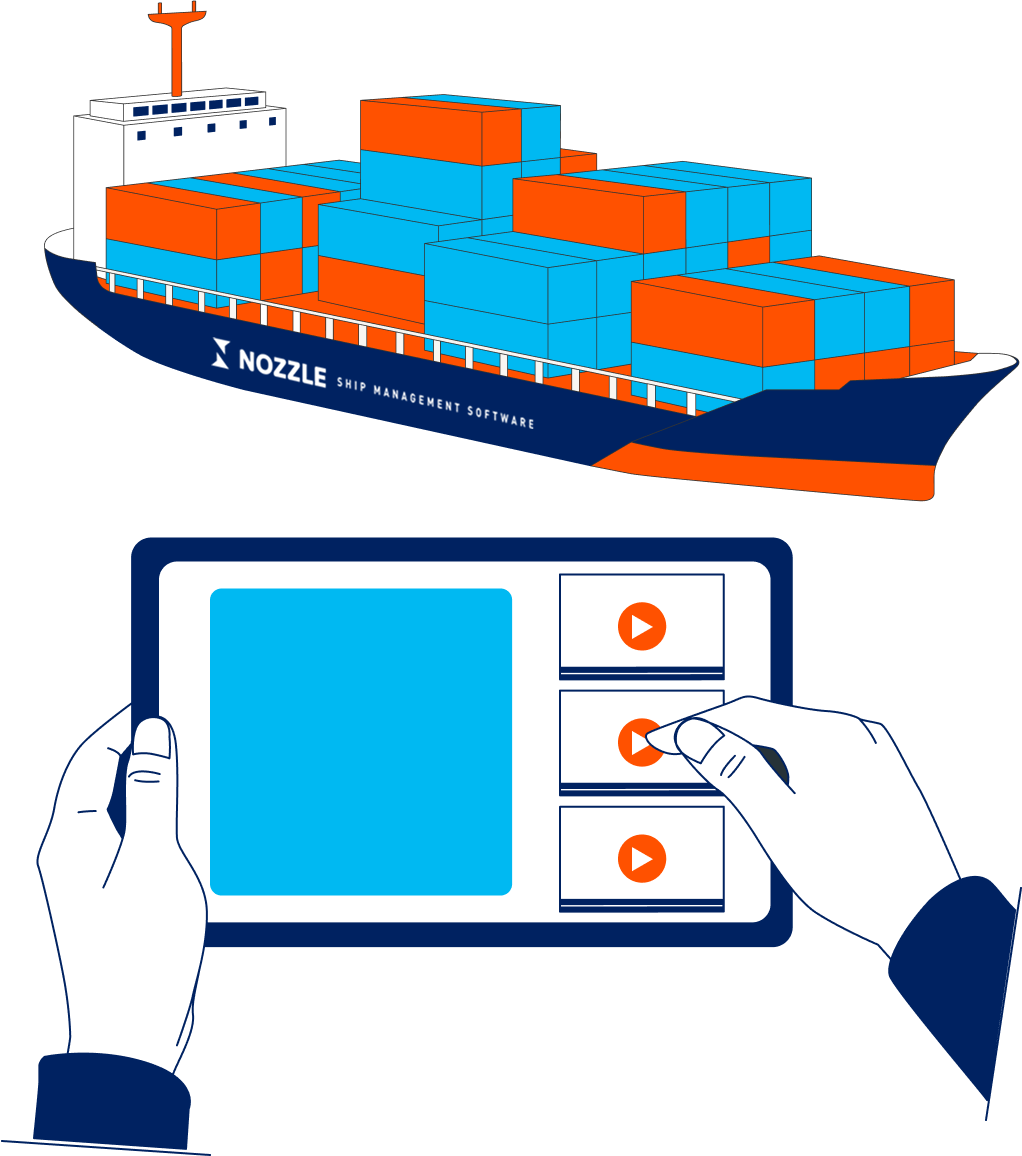Maritime Vessel Management Software
NOZZLE is a leading marine software solution designed to help shipping companies, fleet managers, and maritime professionals manage their operations with precision. Our cloud-based platform simplifies procurement, compliance, HSEQ management, and fleet performance tracking—all in one place.
Developed specifically for the needs of the maritime industry, NOZZLE improves efficiency, ensures regulatory compliance, and provides real-time data for better decision-making. Trusted by leading shipping companies worldwide, NOZZLE turns complex maritime workflows into smooth, connected processes.
moreComplex Made Simple In NOZZLE Ship Management Software
YOUR ALL-IN-ONE SHIP MANAGEMENT SOFTWARE SOLUTION
It's easy to get lost in the maritime industry. And it's not only about when your ships are offshore. Onshore operations and processes may often lead you astray, especially if you have multiple vessels to manage and seafarers to communicate with. The way out? The NOZZLE ship management software takes the growing complexity out of your processes for the sake of efficiency, flexibility, and smarter business decisions.
NOZZLE has a proven track record of happy fleet operators and ship owners. At a glance, it's a bunch of marine software solutions — integrated into a single cloud-based or on-premises system — to help you manage ships, crews, and processes. With NOZZLE, you have a connected platform that eliminates communication issues, impossible-to-track data, and information access hurdles.
Vessel management software solutions for compliance
Make sure everything you do complies with the regulations underpinning the maritime industry. NOZZLE is considered the #1 Maritime software solution for shipping companies and other businesses to:
- Ensure ISM compliance as you create, share, track, and control documents
- Adopt high HSEQ standards for security, ship maintenance planning, and more
- Improve your risk assessment processes
Other standards and requirements can be met with NOZZLE modules.
Solutions
FAQ
Frequently Asked Questions
Reason For Choosing
NOZZLE To Manage Your Vessels
Always Up-To-Date
We work hard to offer you a better experience. You deserve the best!
Professional Support
Every customer that uses NOZZLE is very precious to us.
Access Everywhere
With NOZZLE's strong cloud infrastructure, your business is under your control anytime, anywhere.
Request for Our Free Demonstration
Testimonials
NOZZLE delivers reliable ship management solutions trusted by maritime companies worldwide. Our software helps fleets stay compliant, improve efficiency, and manage operations with confidence.

















